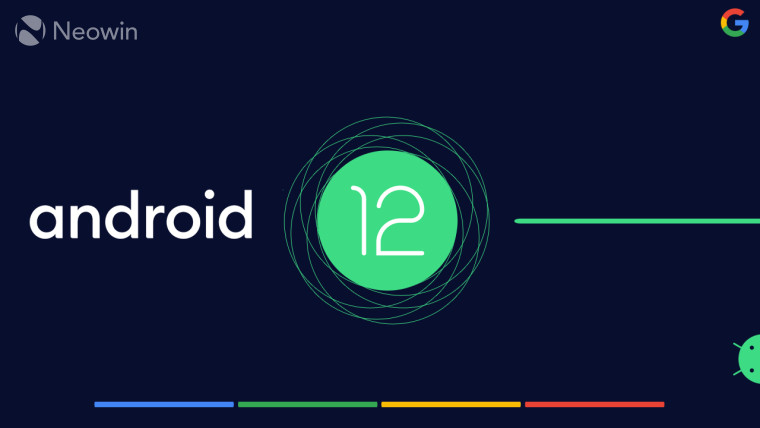
Back in September, Google announced that it would be making it easier for third-party app stores to work on Android phones starting with Android 12. This was in response to intense criticism from Epic Games, who criticized the closed nature of the app ecosystem both of Android and iOS, making it harder for companies to distribute their apps outside the app stores owned by their respective platform holders. However, Google wasn't very specific in regards to how it would make this process easier.
Now that Google officially unveiled Android 12 at its Google I/O developer event, though, things are getting a bit clearer. Developer documentation published by Google and spotted by XDA-Developers sheds some light on how third-party app stores can work better starting with this new release.
App developers will have access to a new parameter called requireUserAction when using the REQUEST_INSTALL_PACKAGES permission, which is what allows apps to be installed in the first place. Currently, whenever you install an app from outside the Play Store, even if it's an update to an existing app, you have to grant the installer permission to install apps and then confirm each installation individually. With this new parameter, once apps are given permission to install packages, user action won't be required to confirm each installation.
However, there are a few requirements for this to work. First, the requireUserAction parameter needs to be set to false. Then, the app that's being installed needs to be targeting API version 29, which is Android 10, or newer. The app that's being installed needs to be an update either to the installer itself - that is, the app store - or an update to the app initially installed by said installer. Finally, the app store needs to declare the UPDATE_PACKAGES_WITHOUT_USER_ACTION permission.
Once all of those requirements are met, then app stores can more easily install updates to existing apps. This is still harder than installing apps from the Play Store, though, since it doesn't look like installing new apps for the first time will be any easier. On the other hand, making the process easier could pose a security risk to unknowing users, so a balance had to be found.

_small.jpg)















6 Comments - Add comment